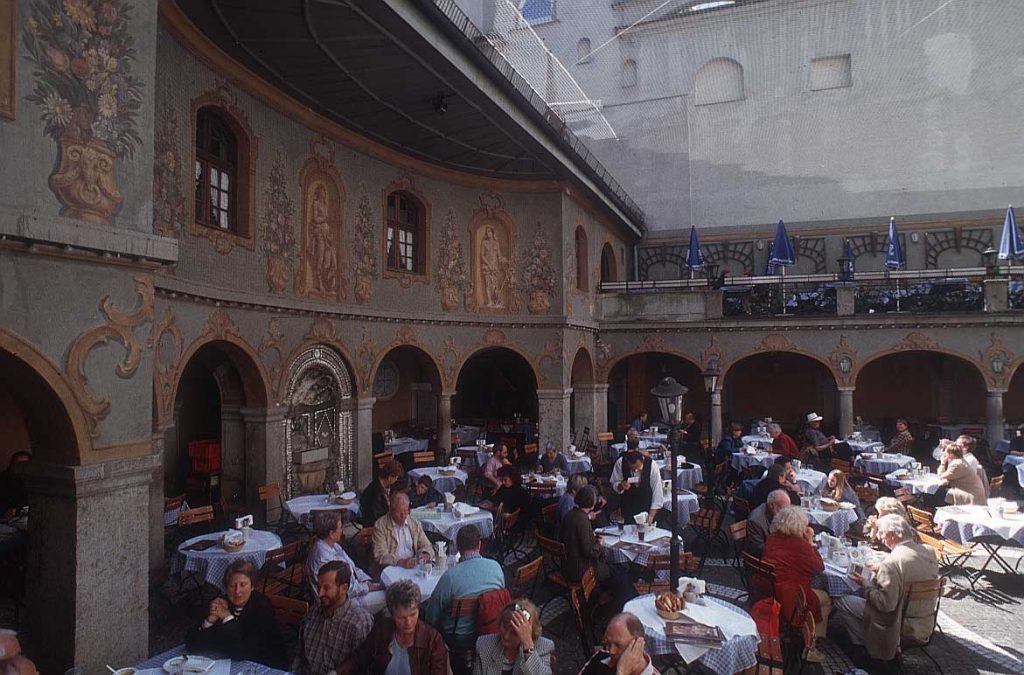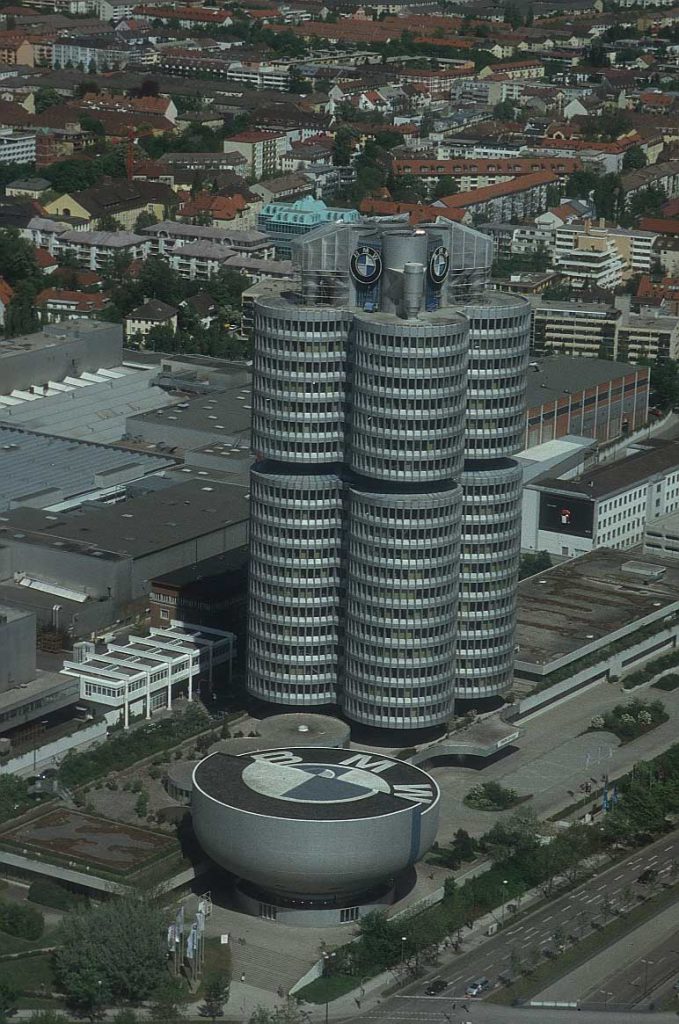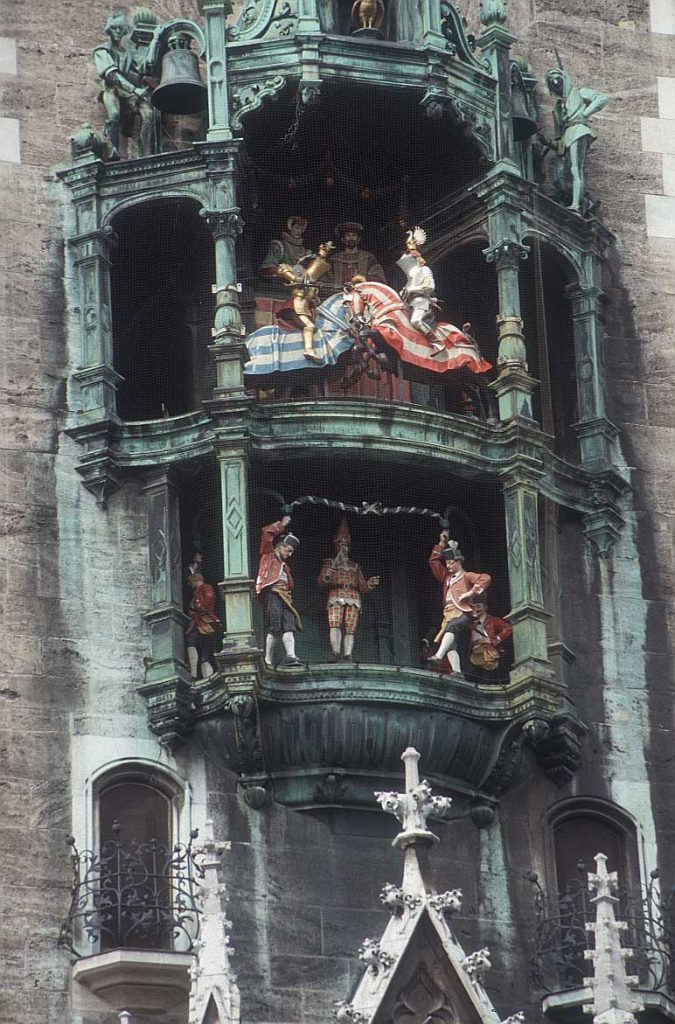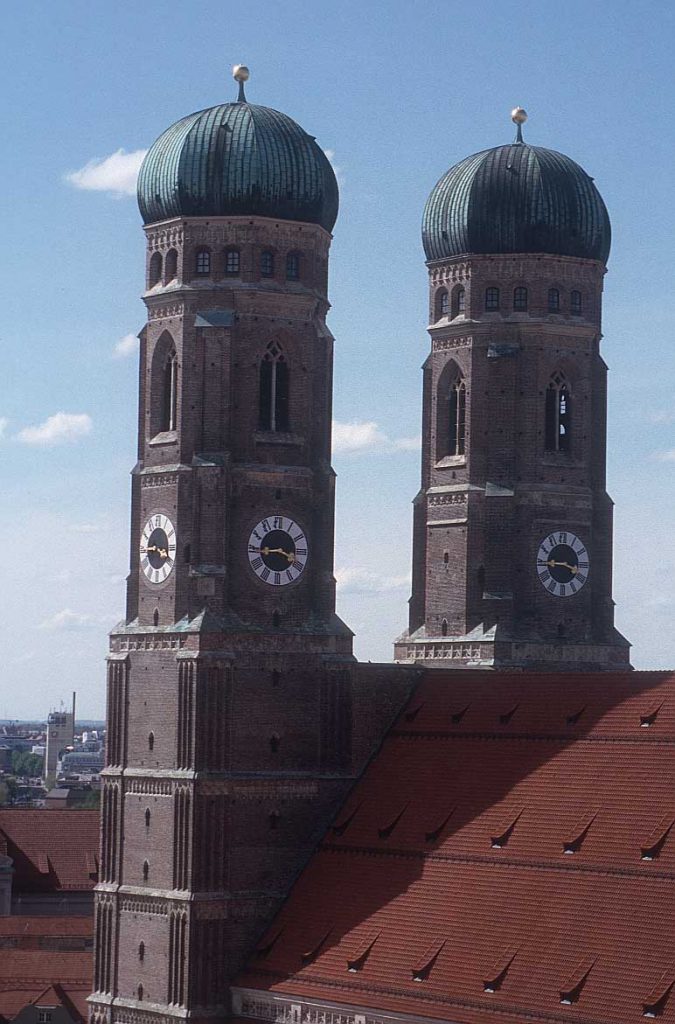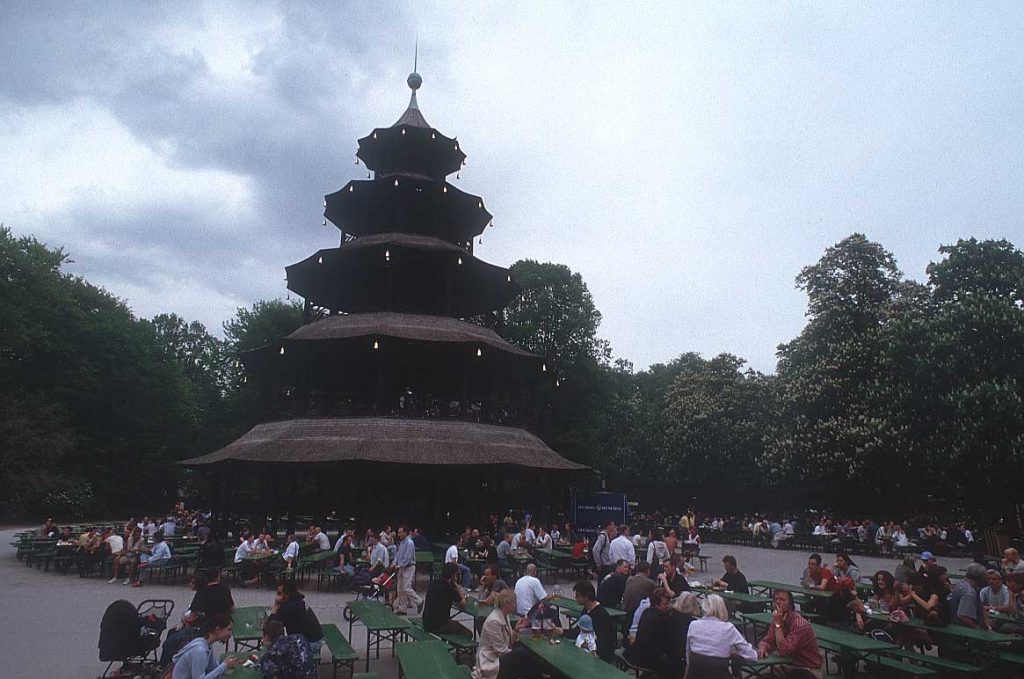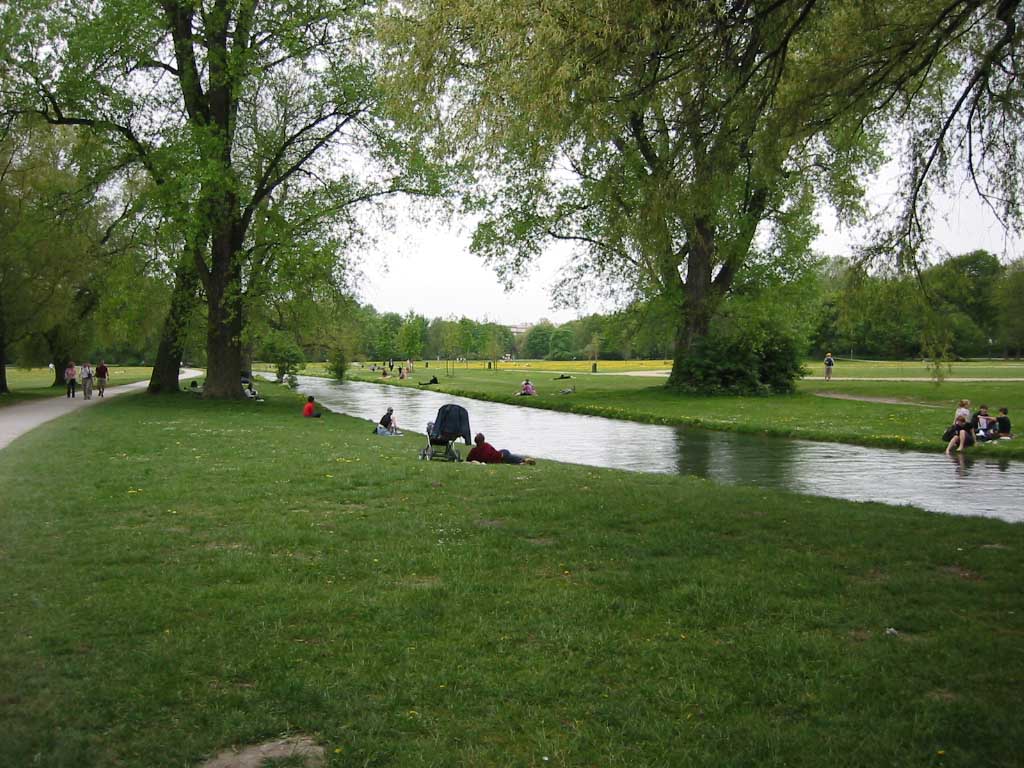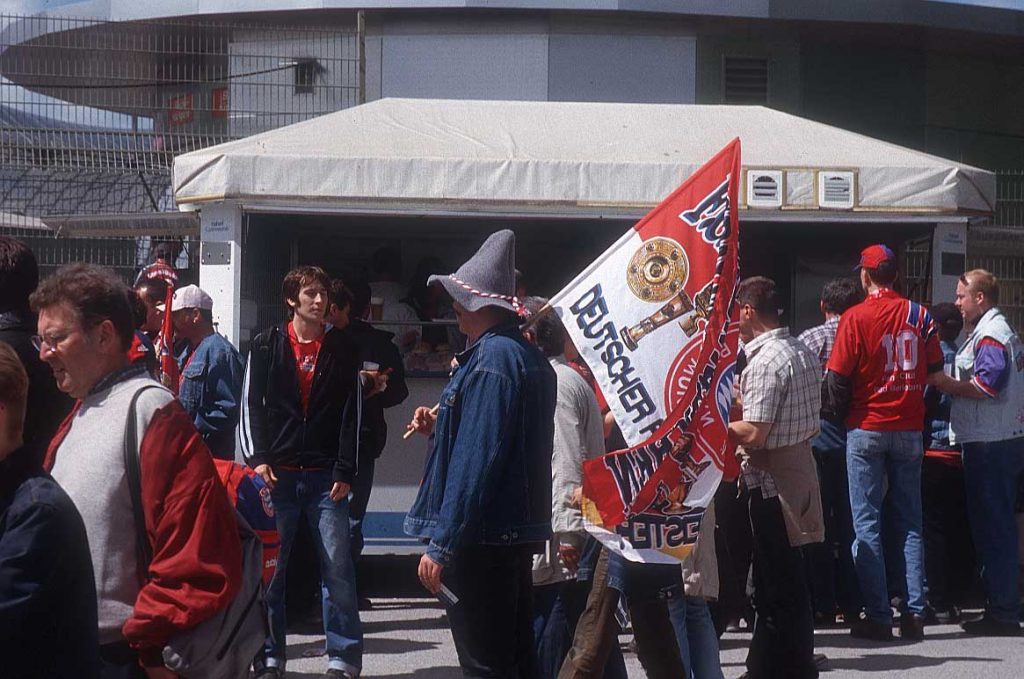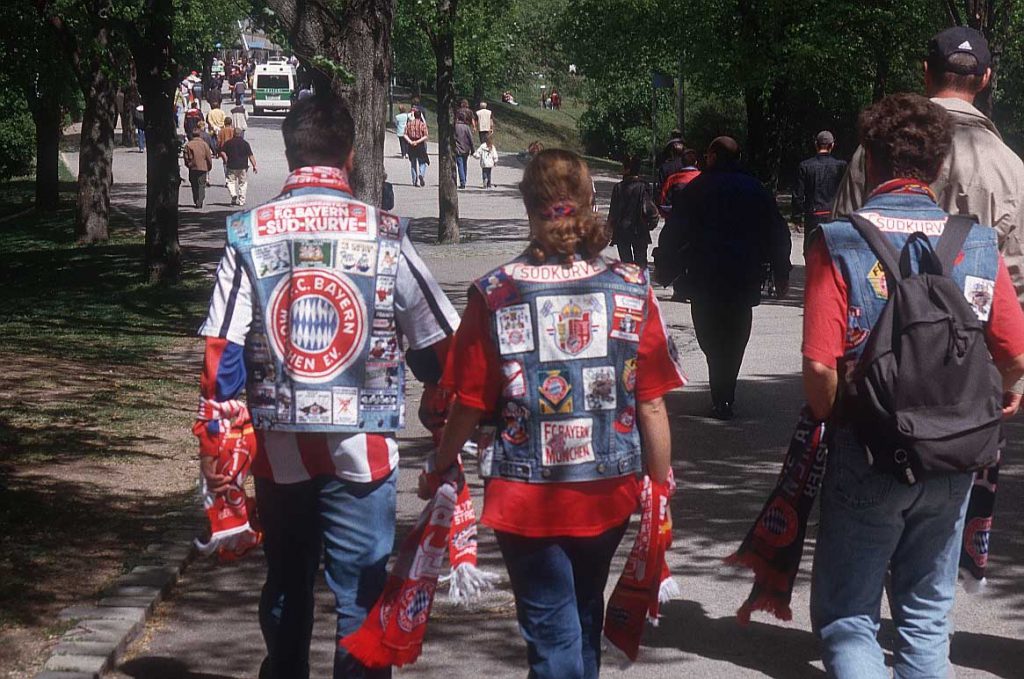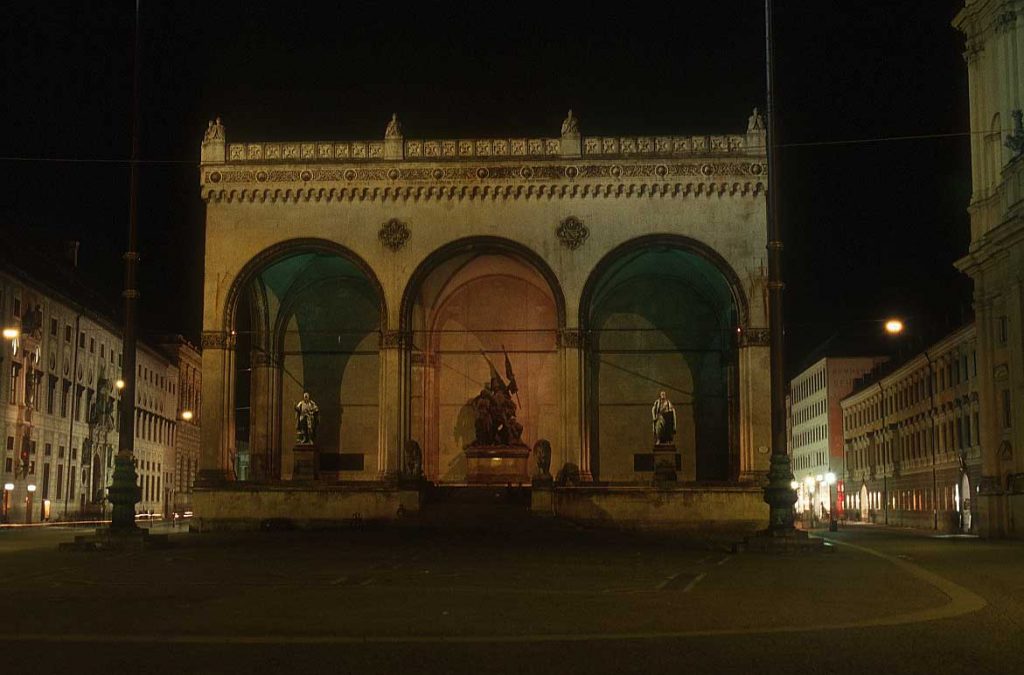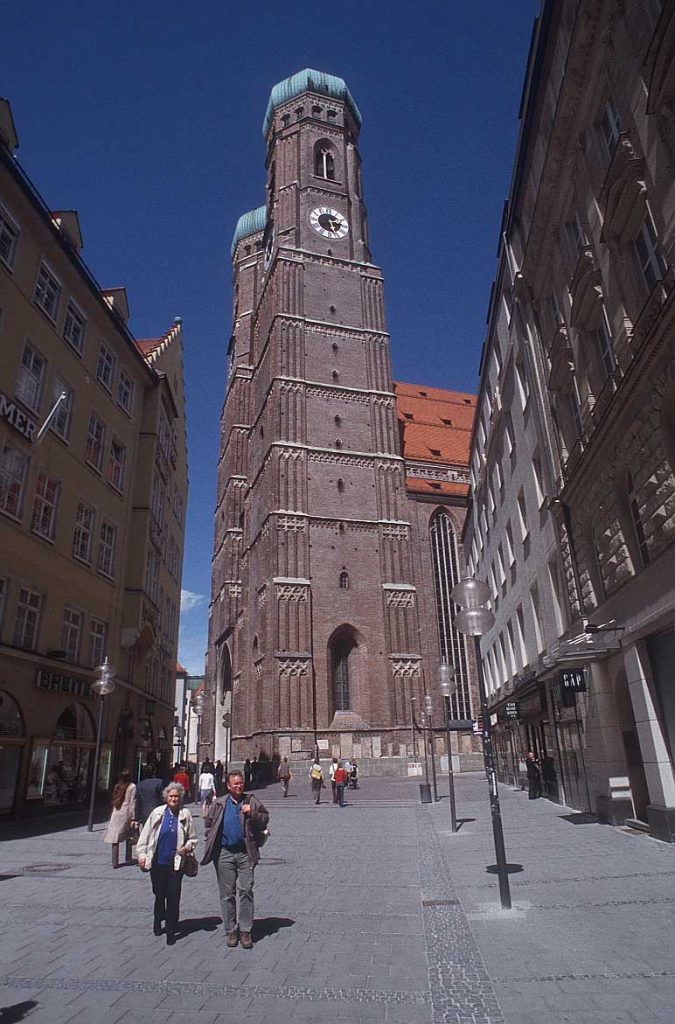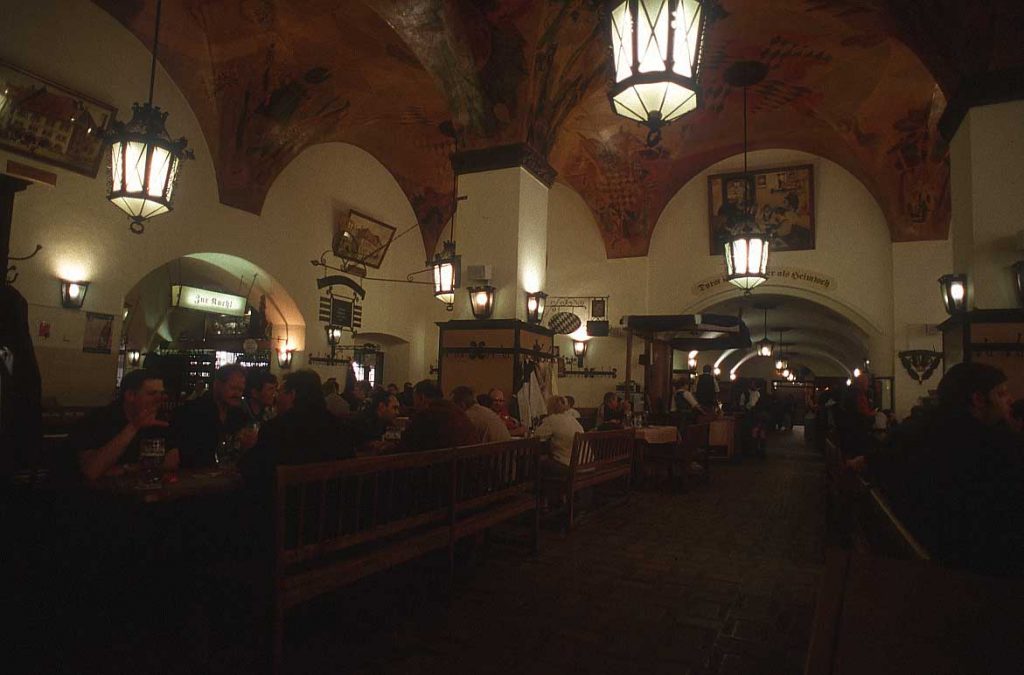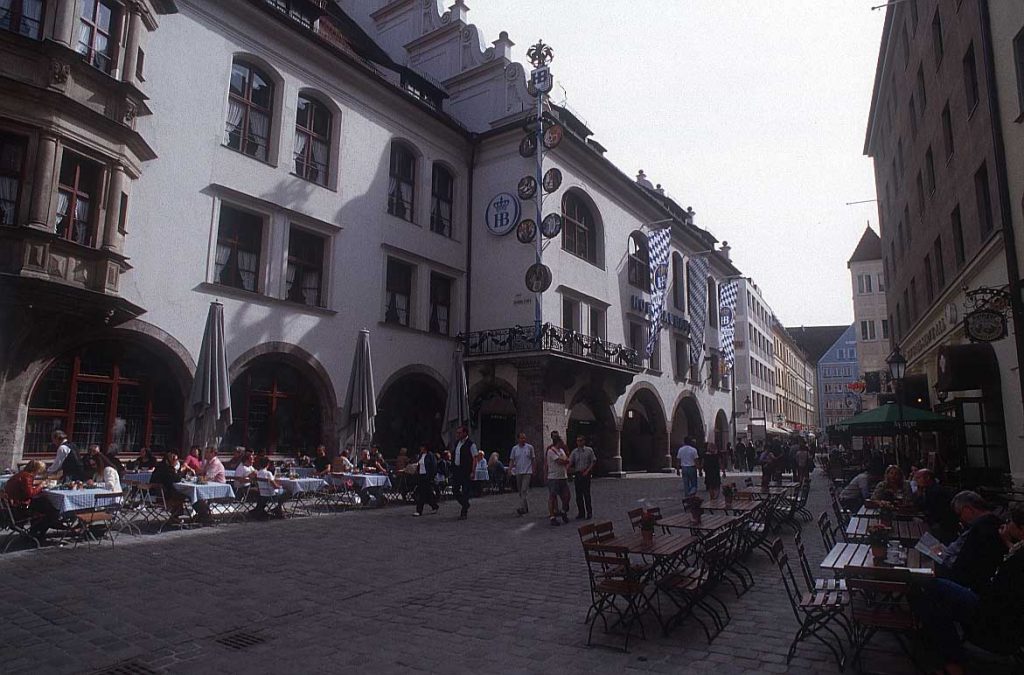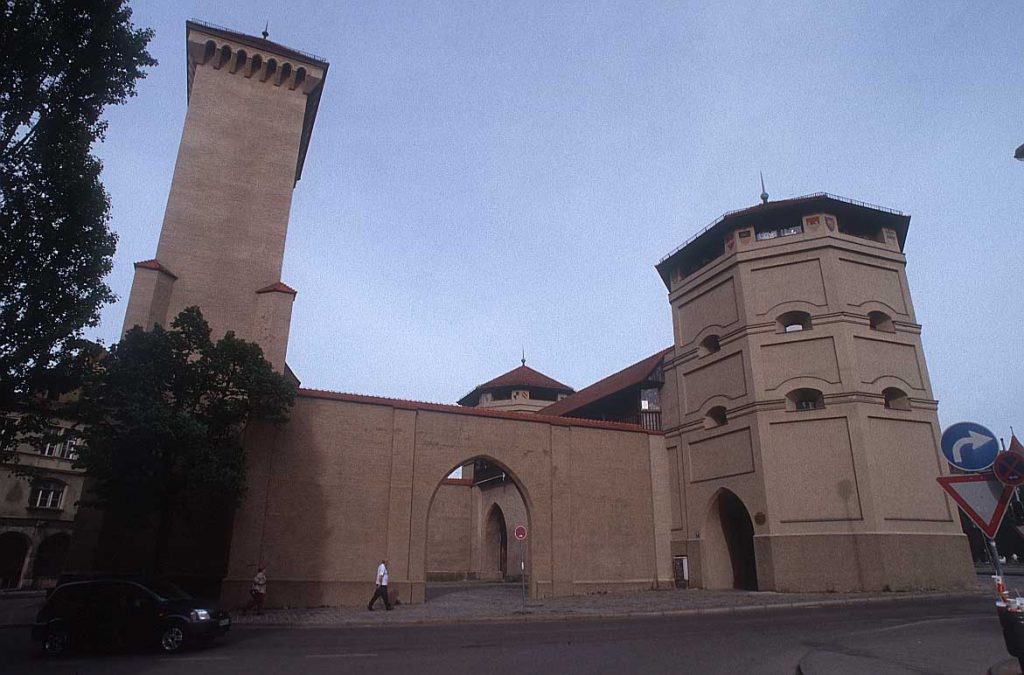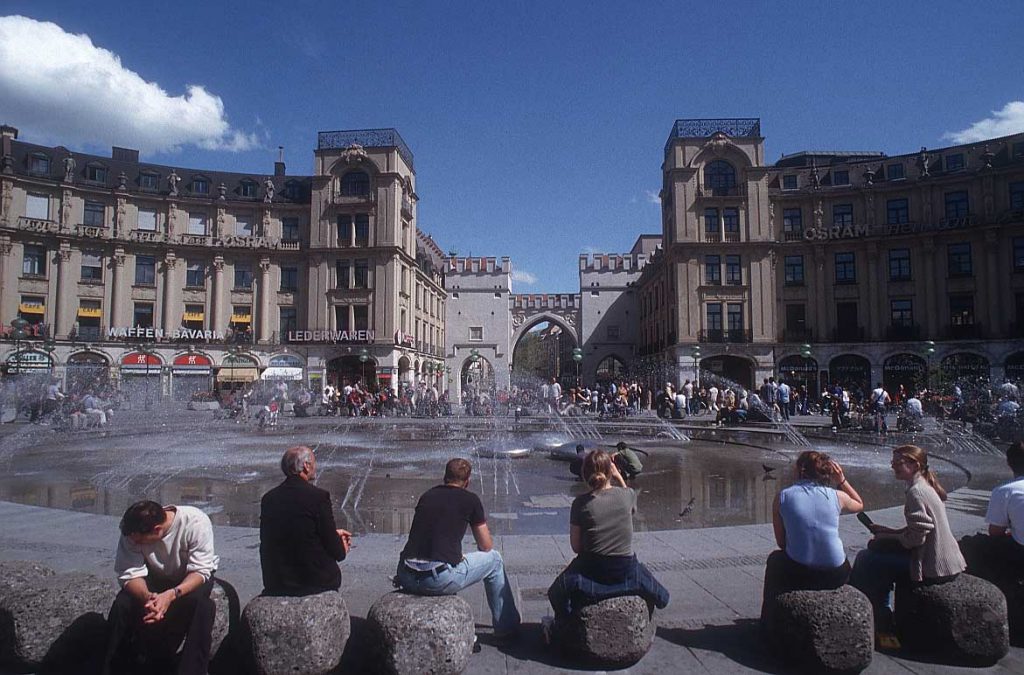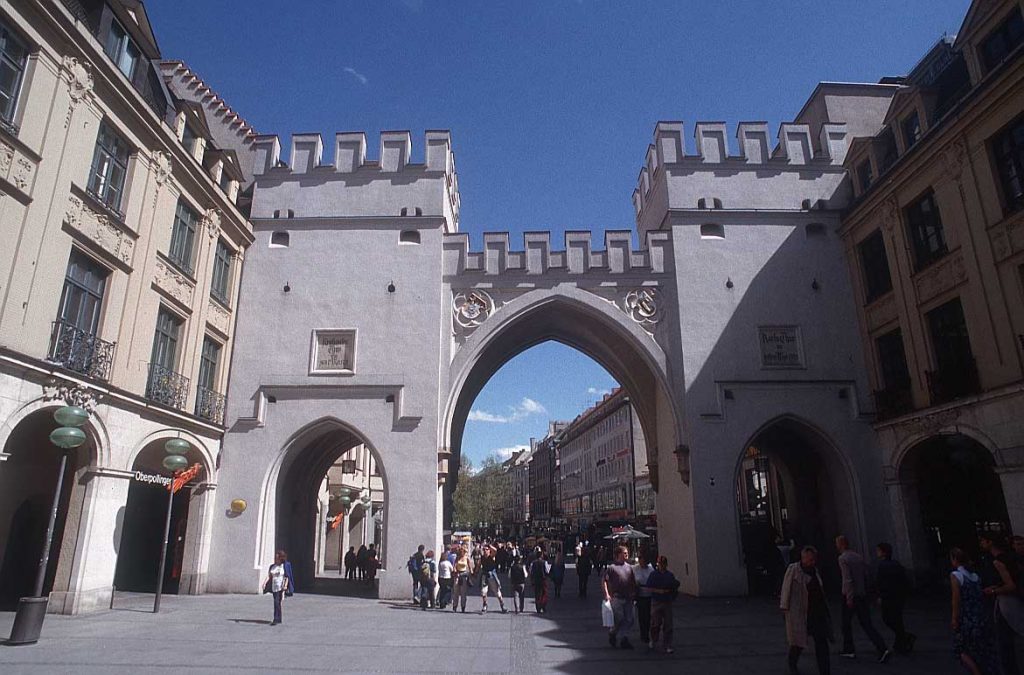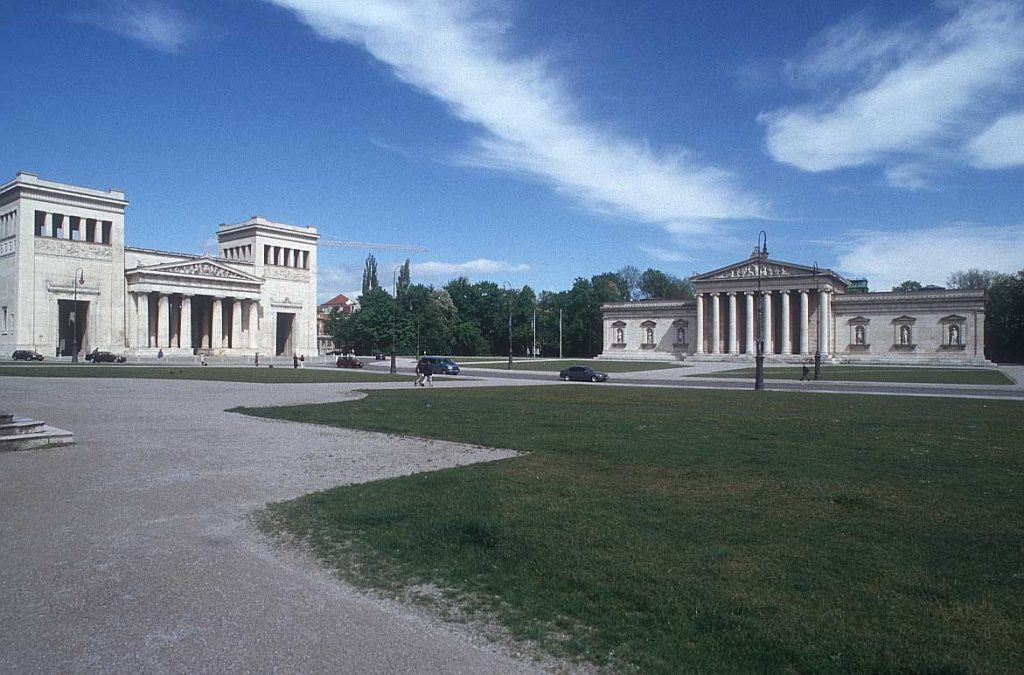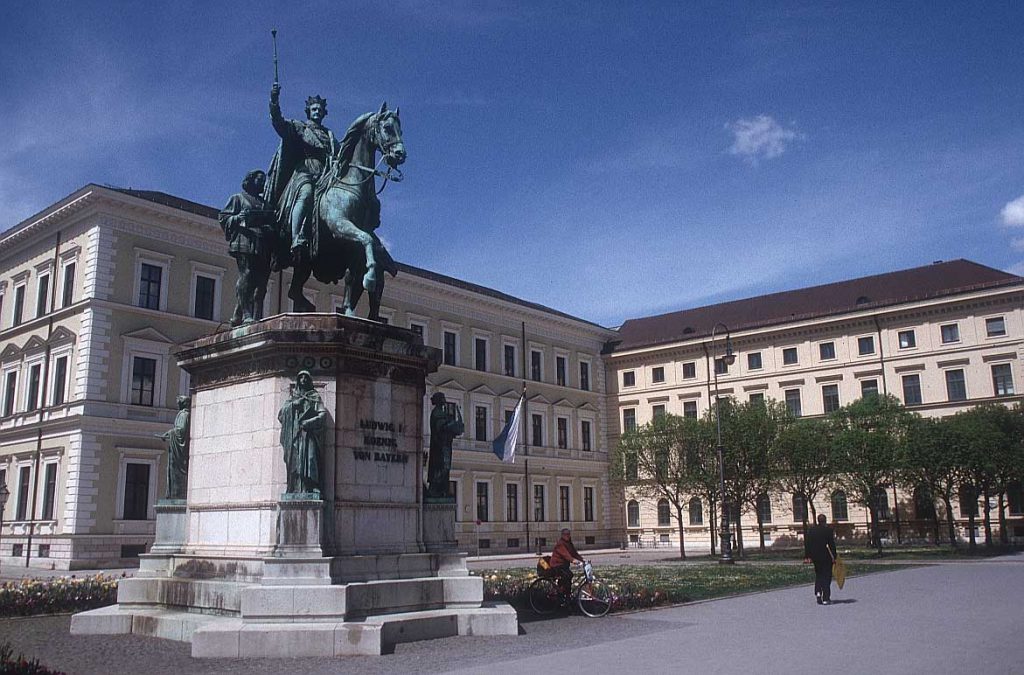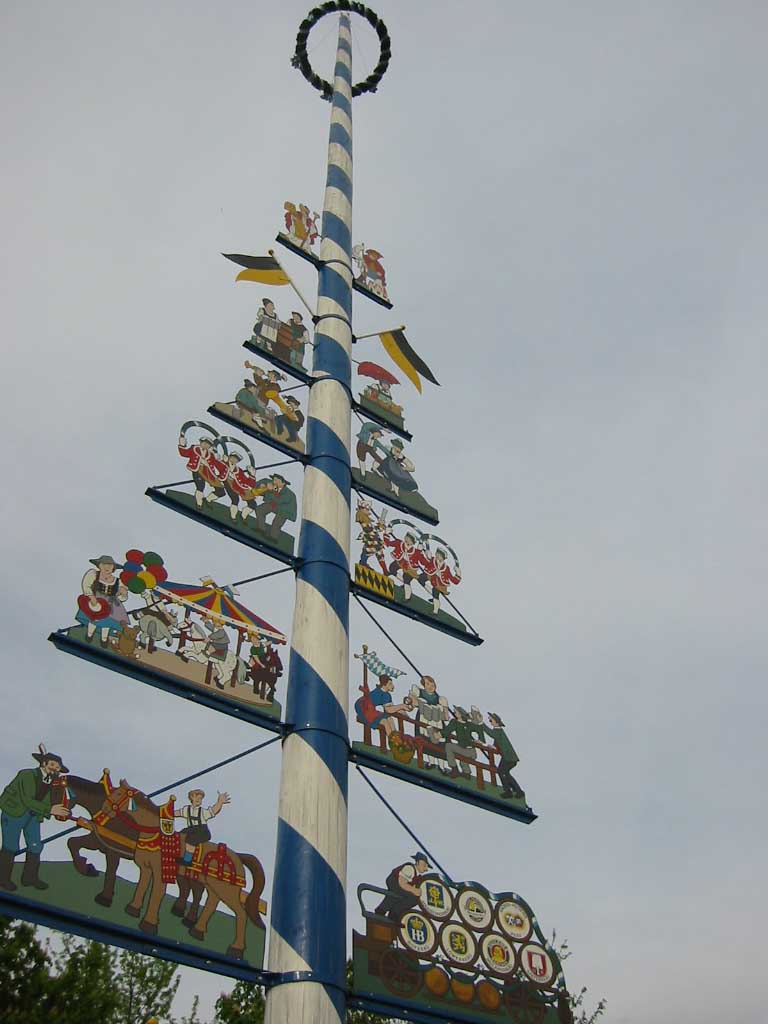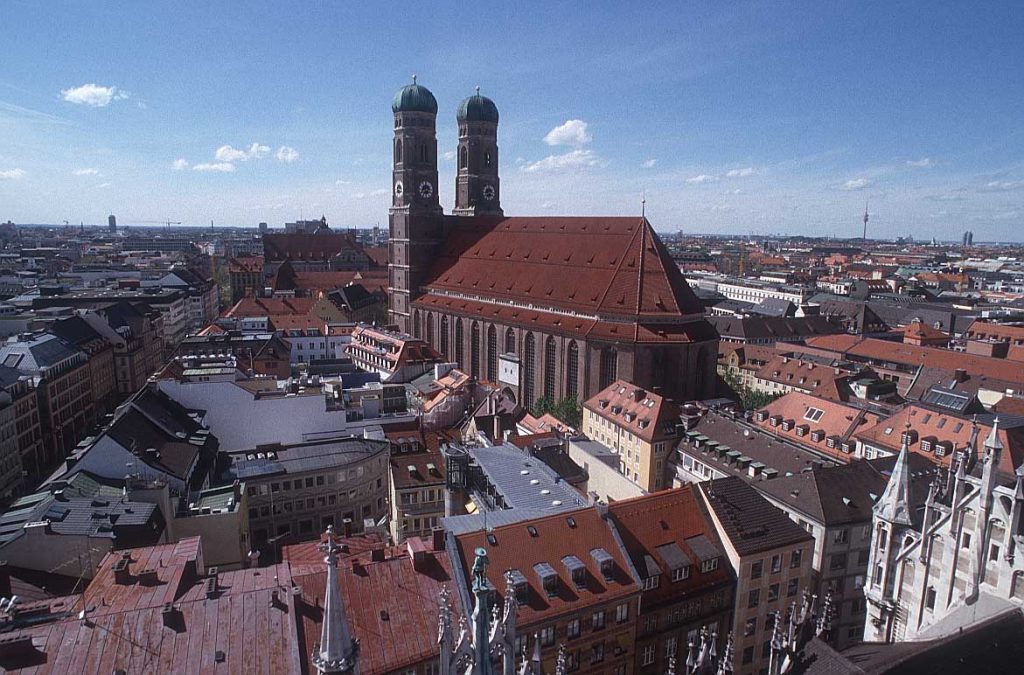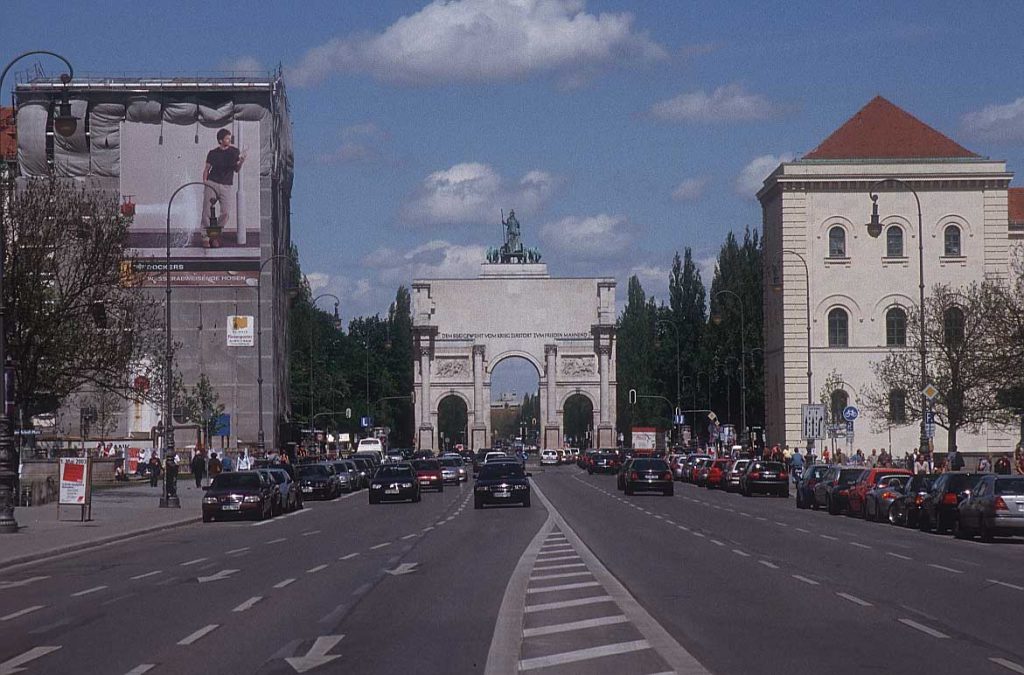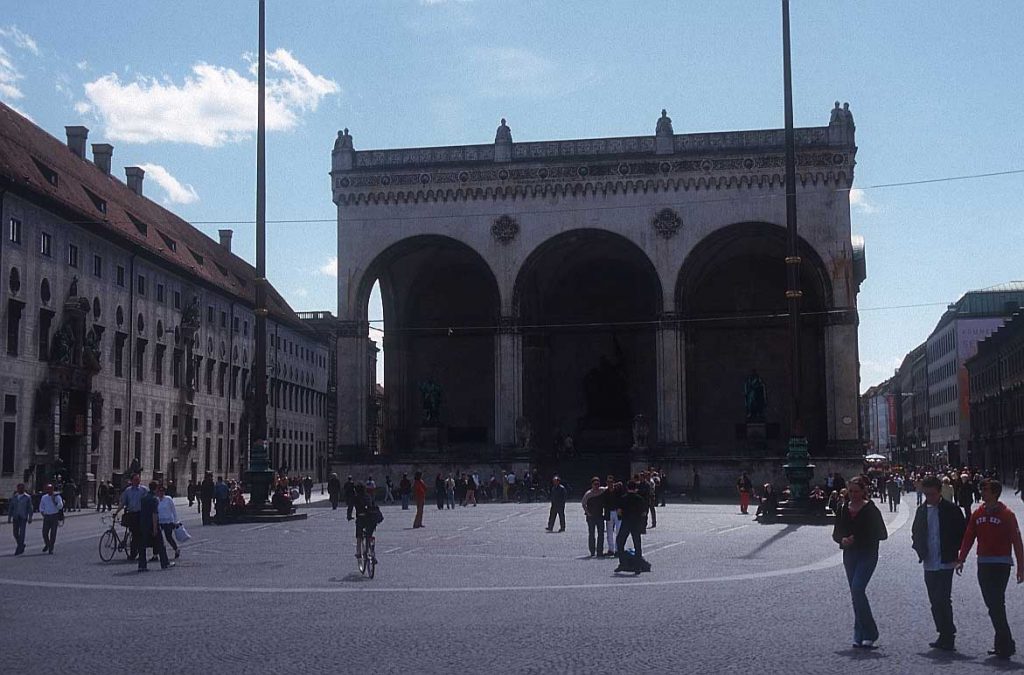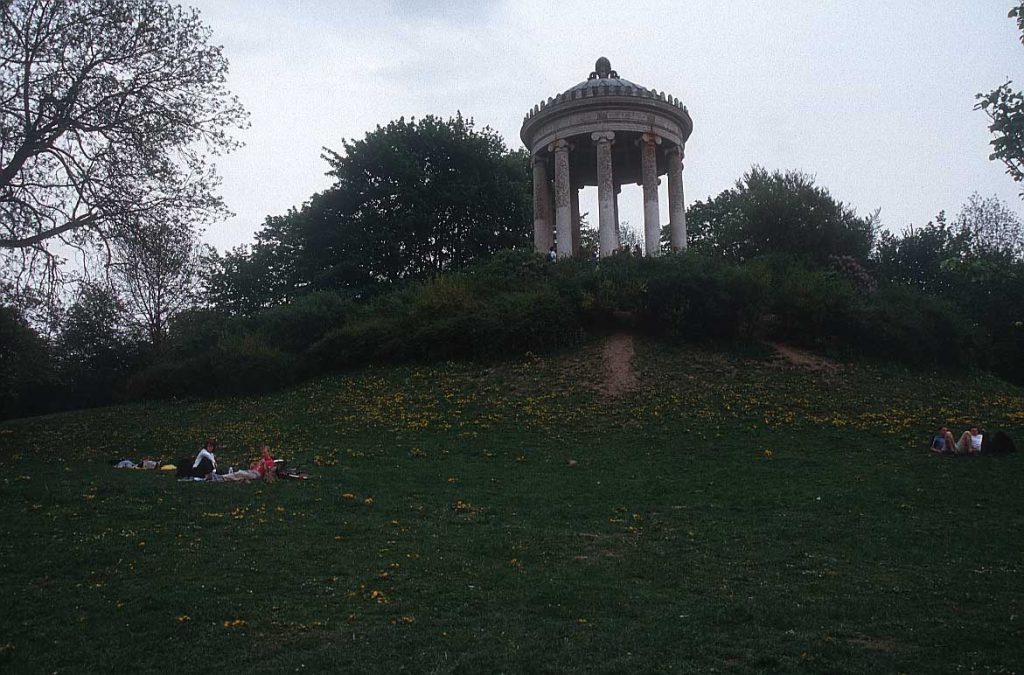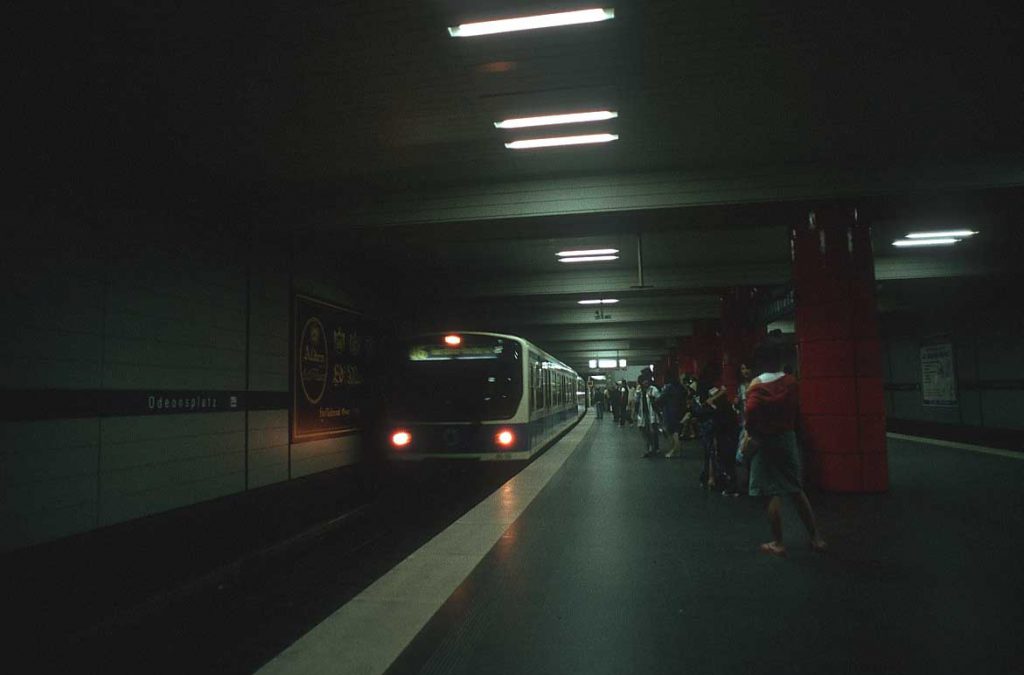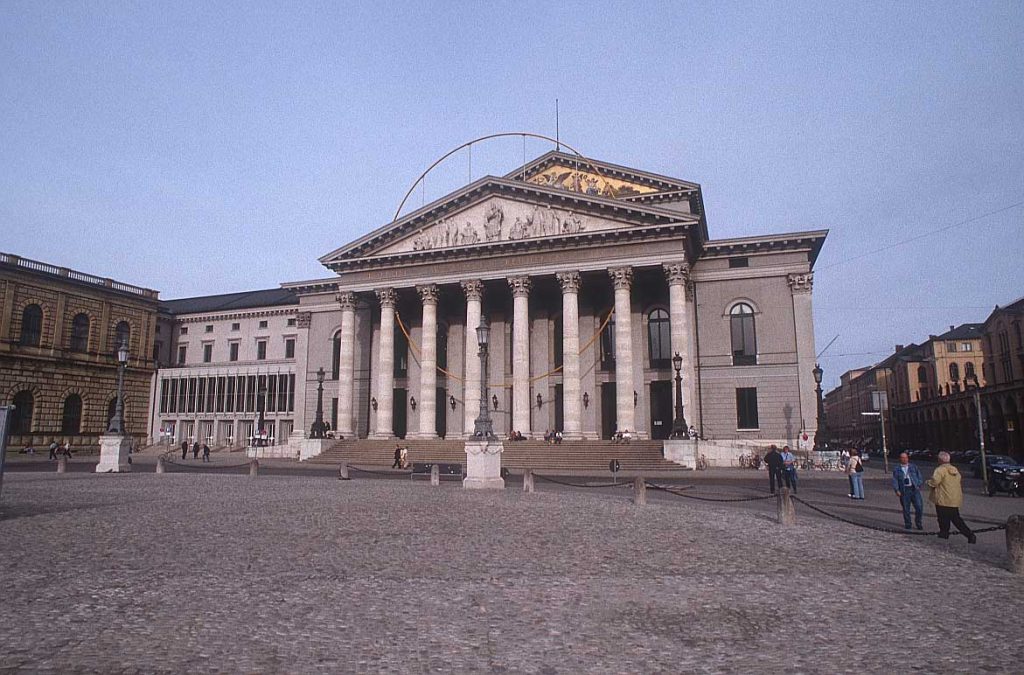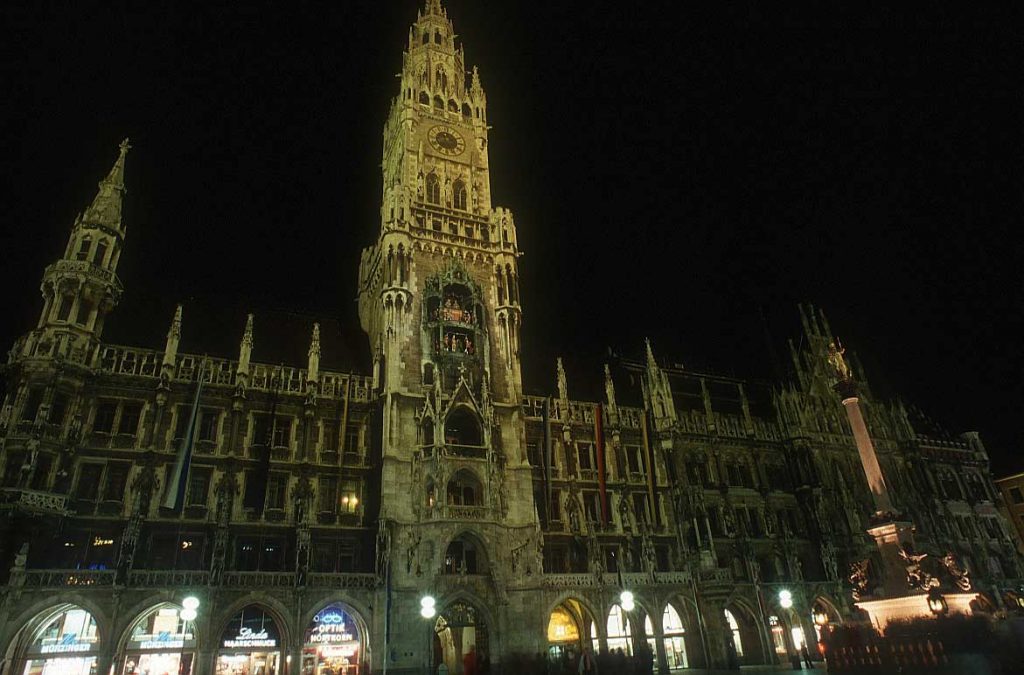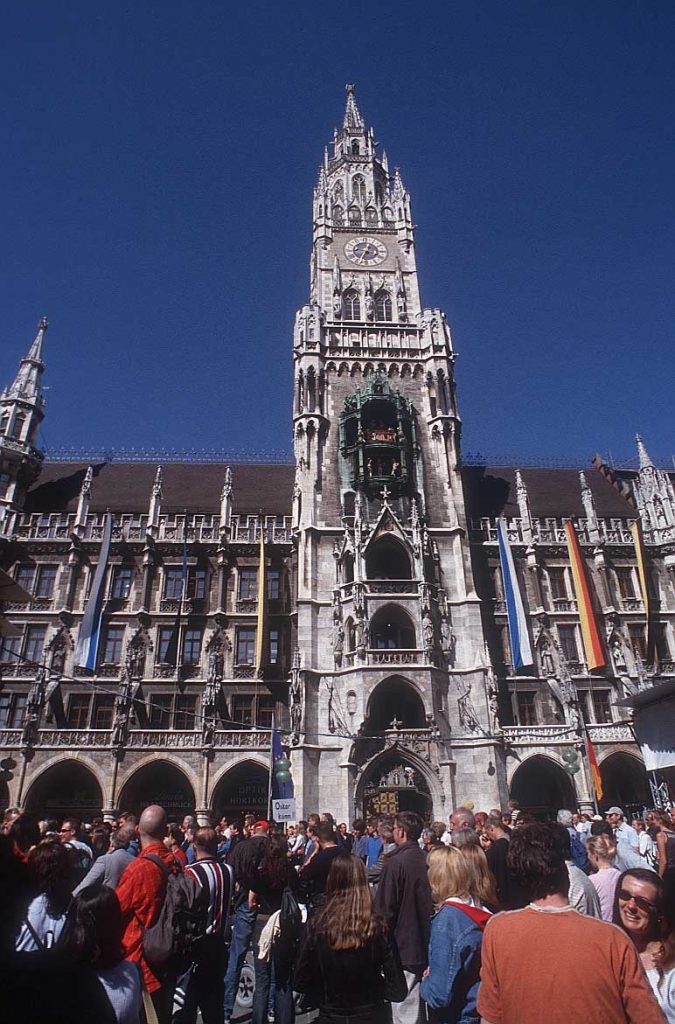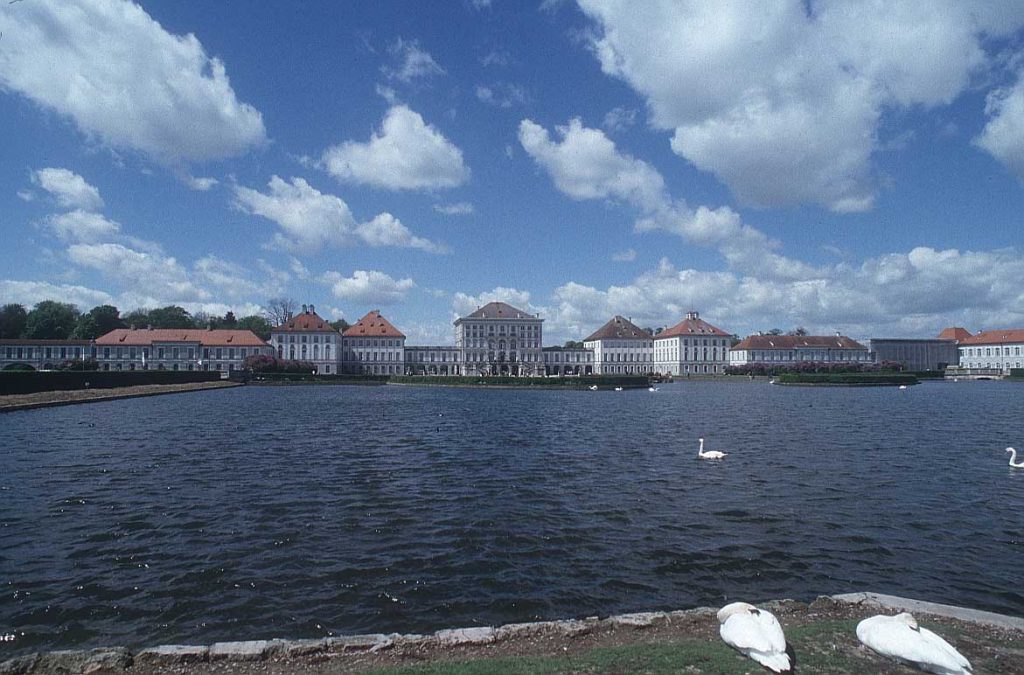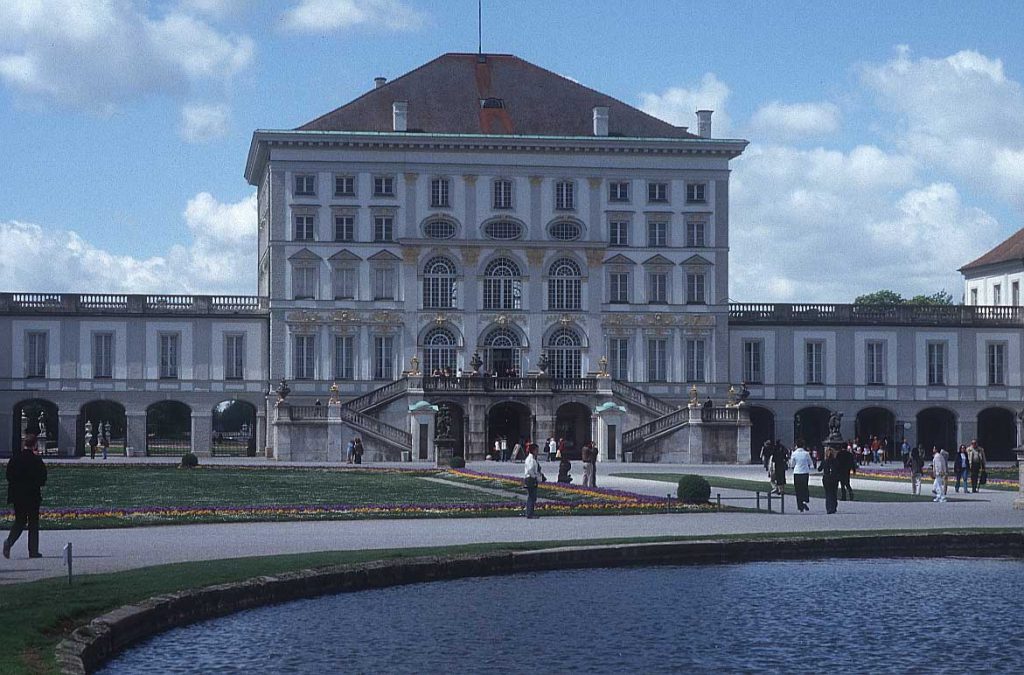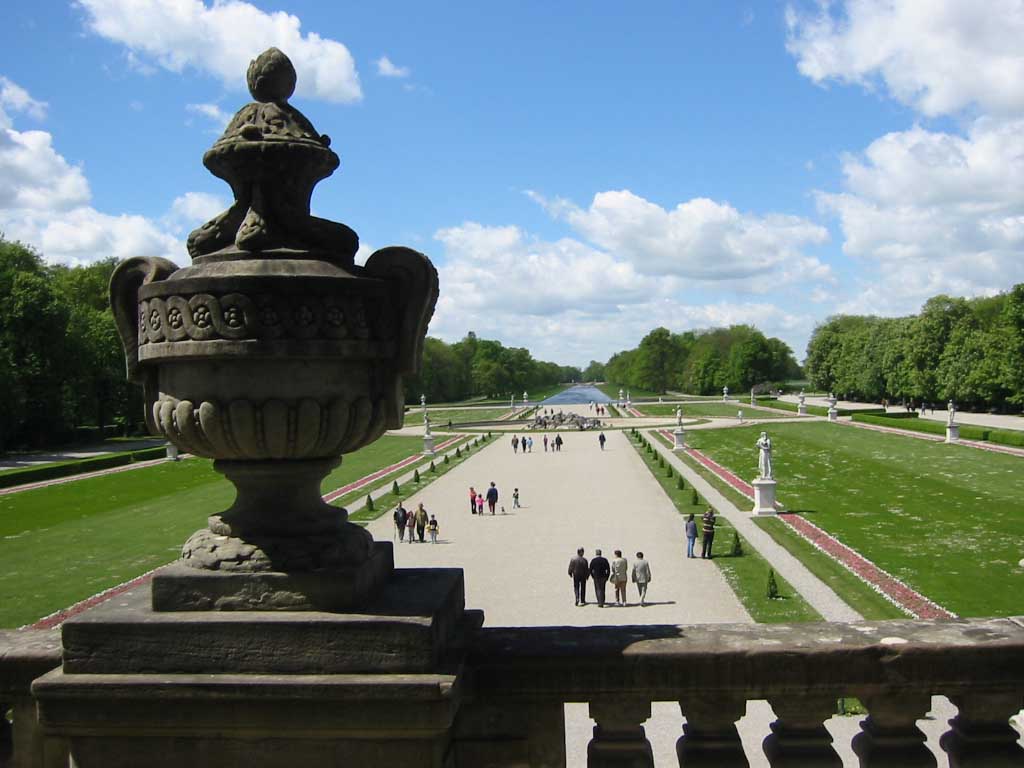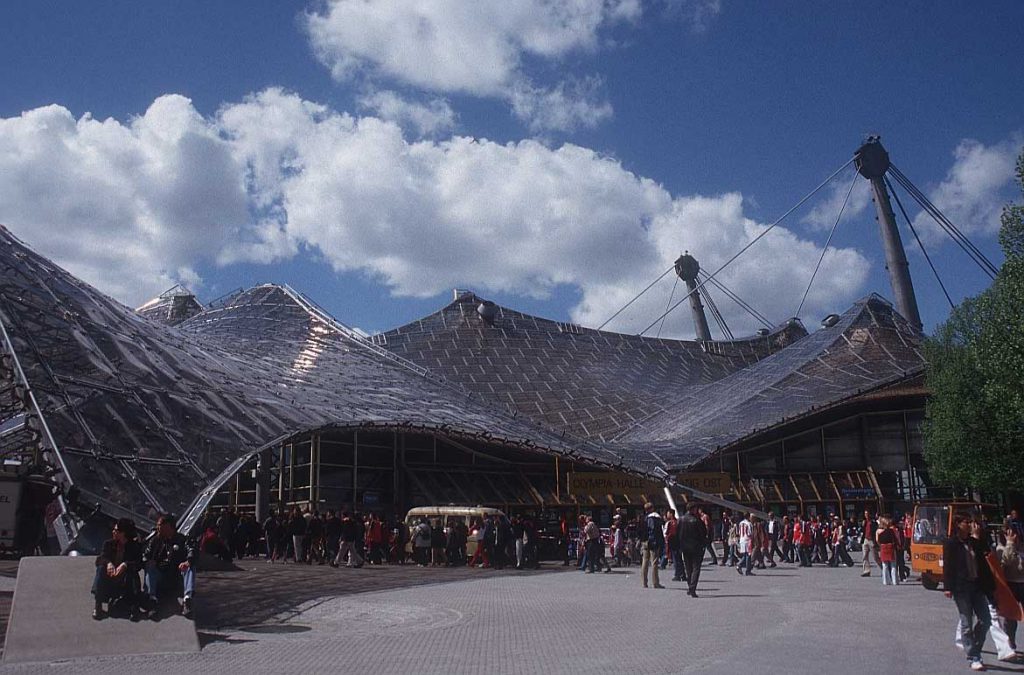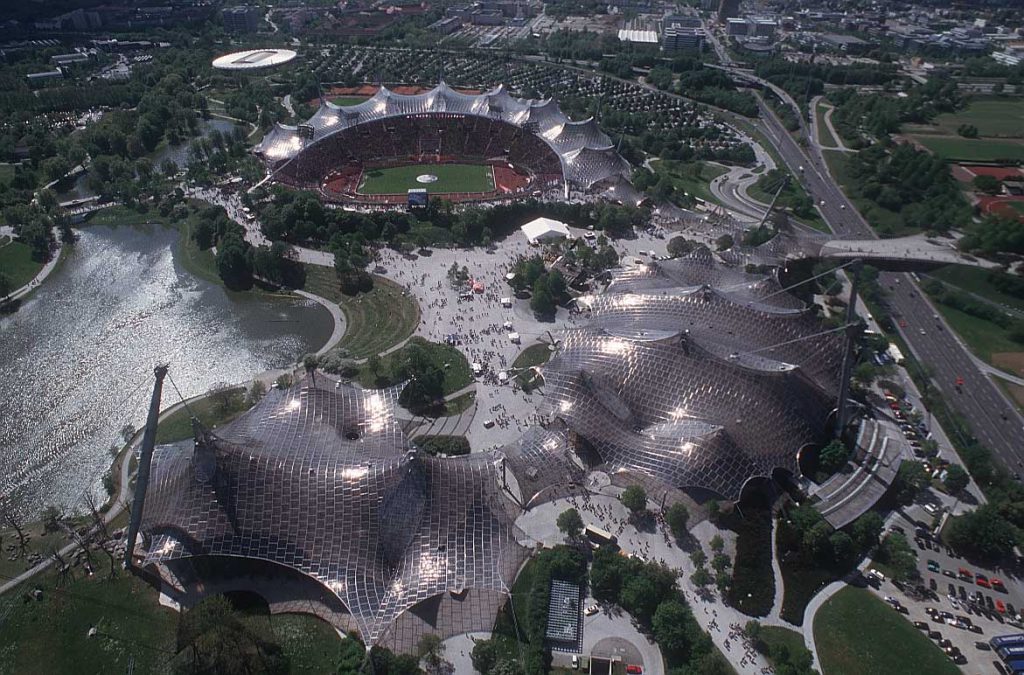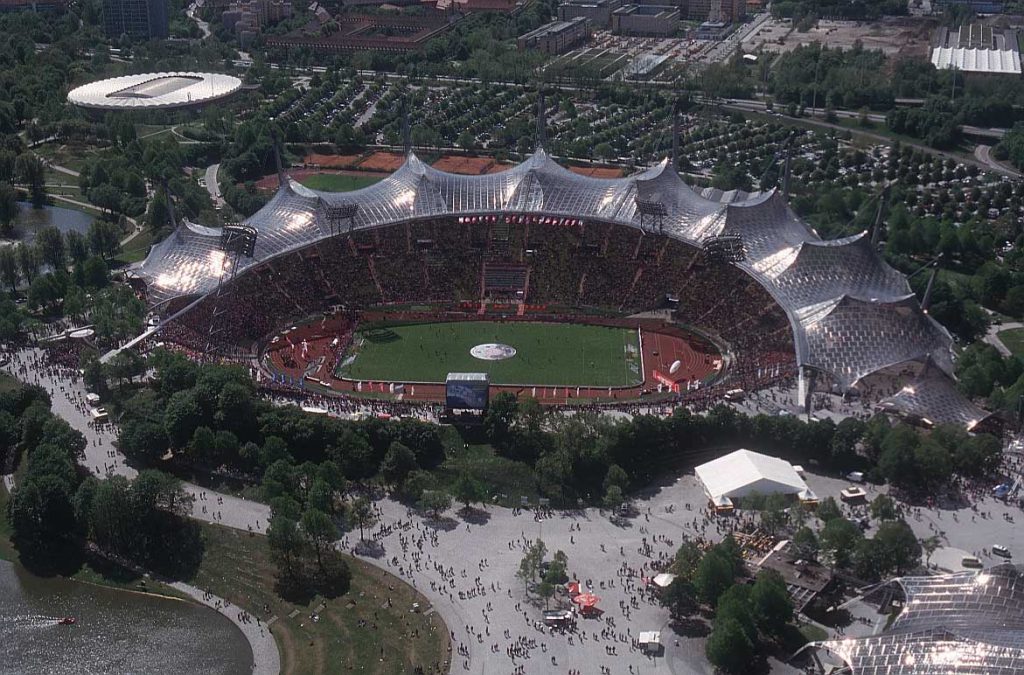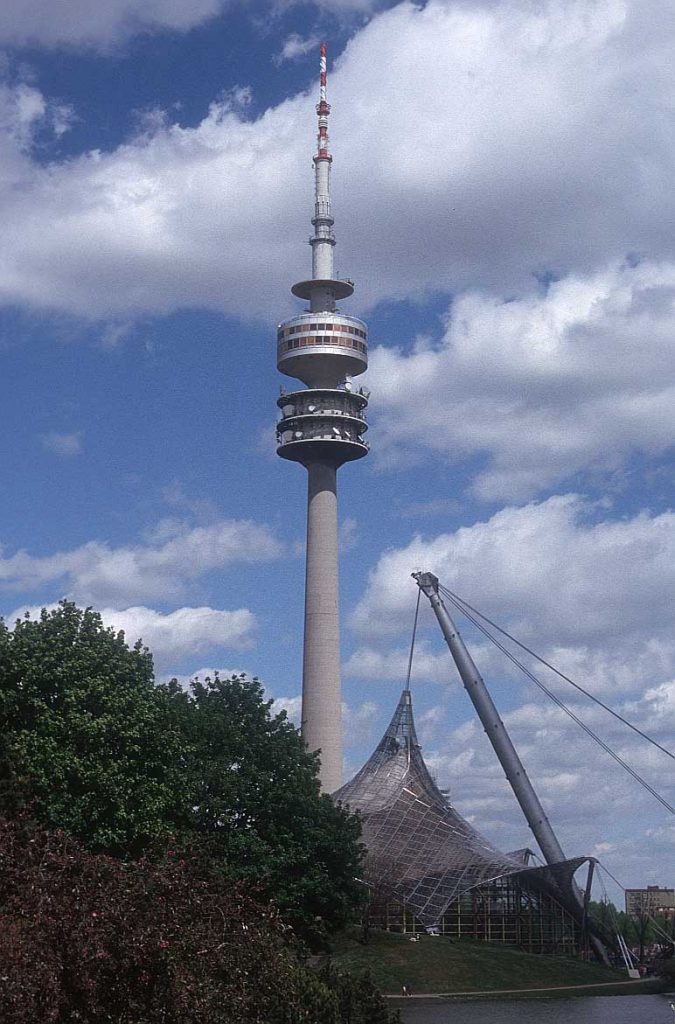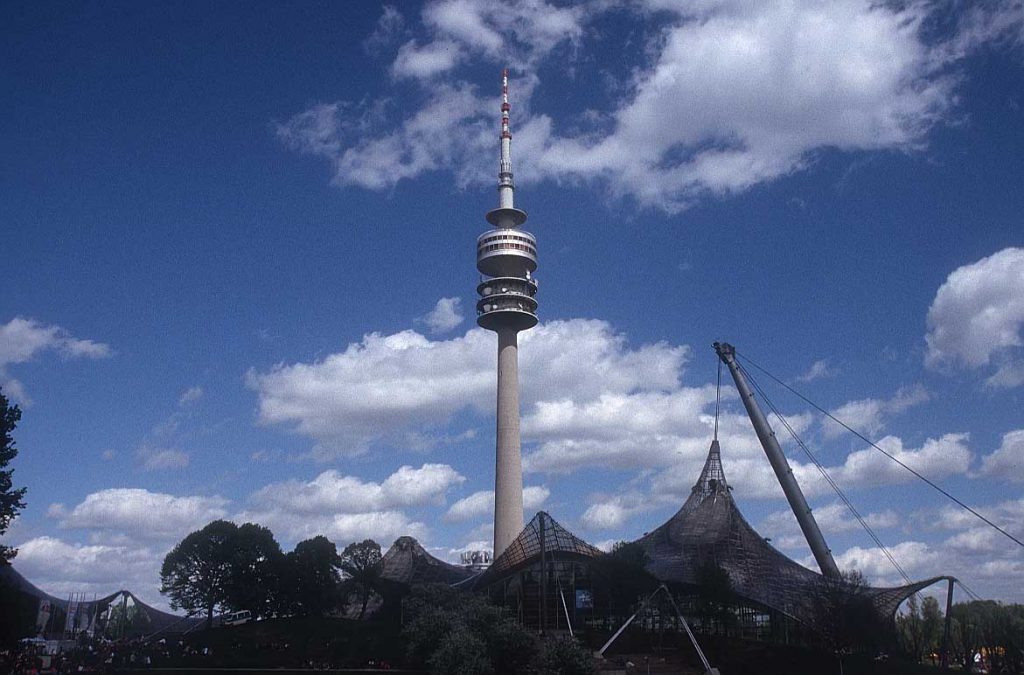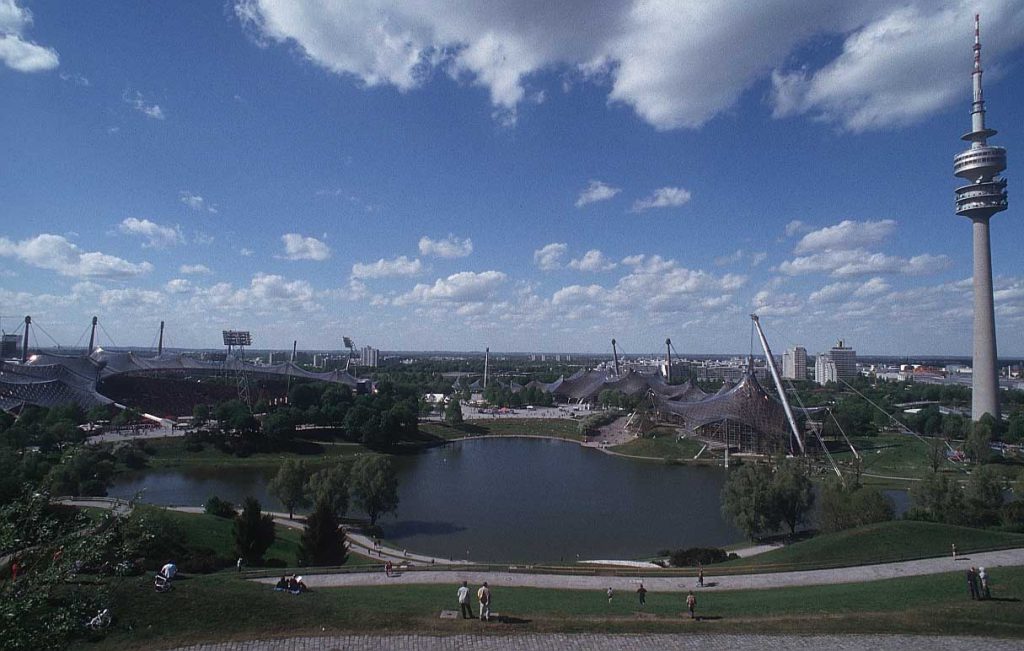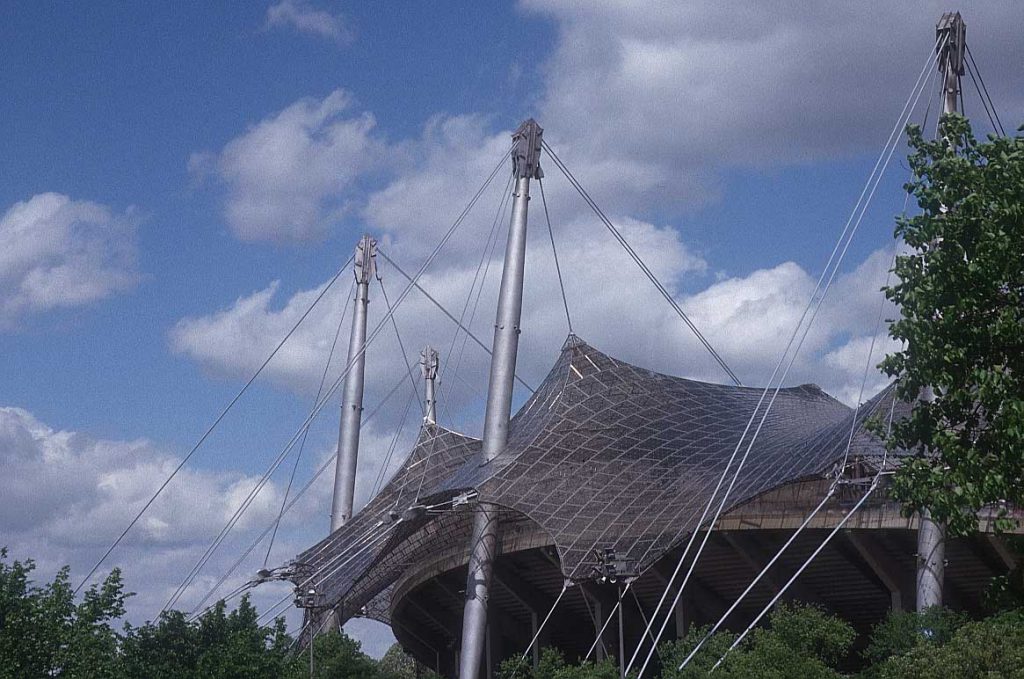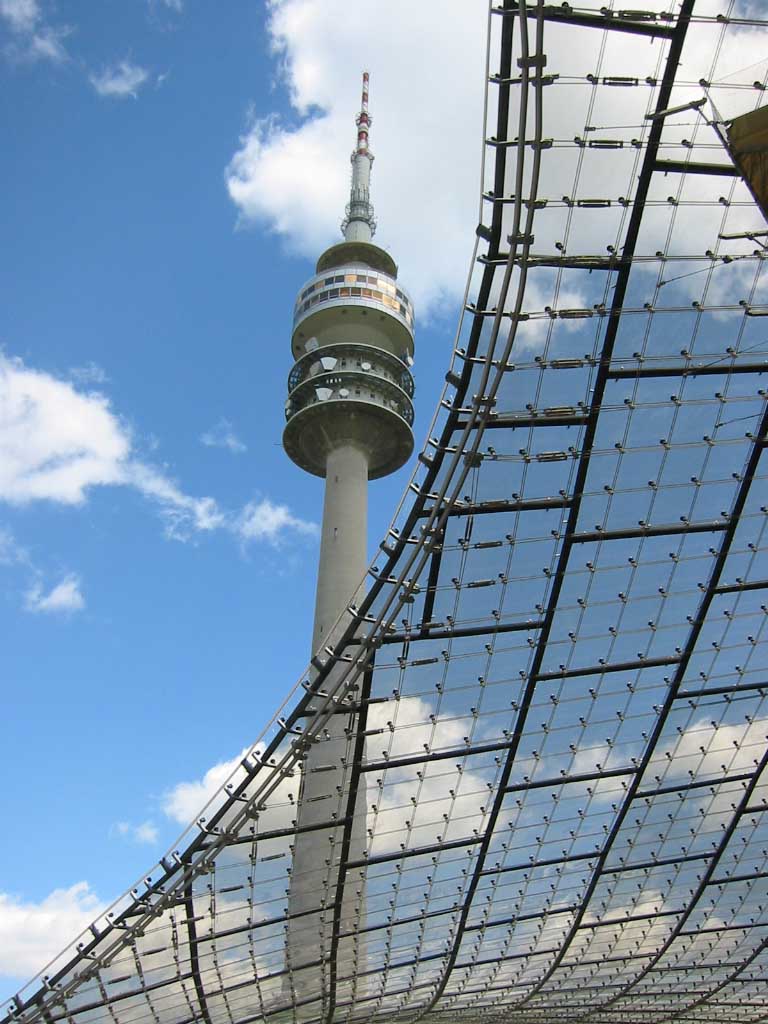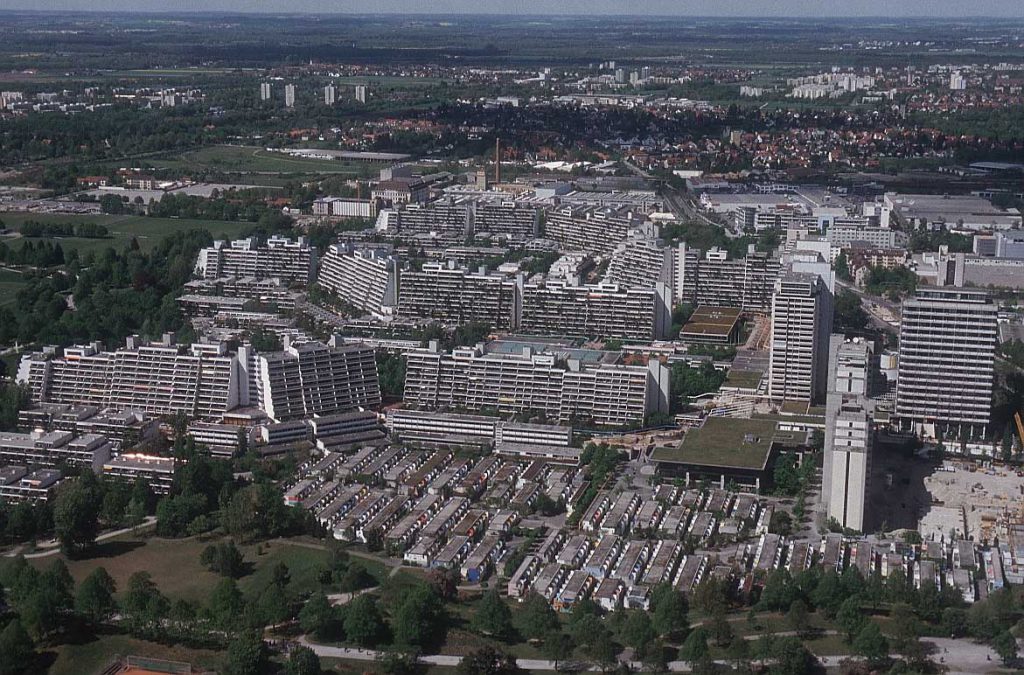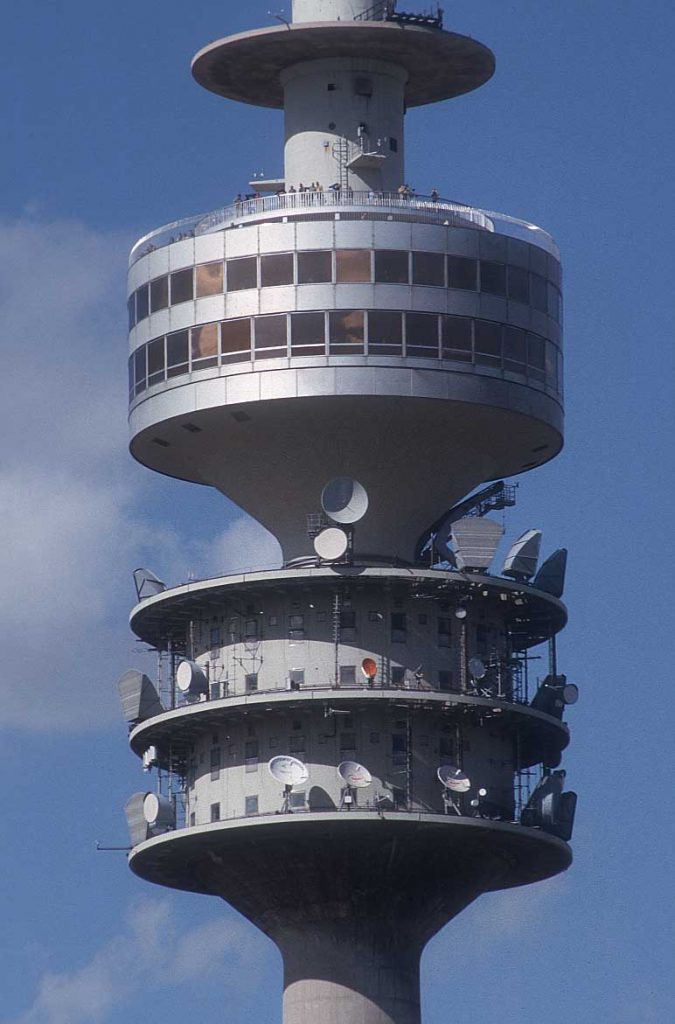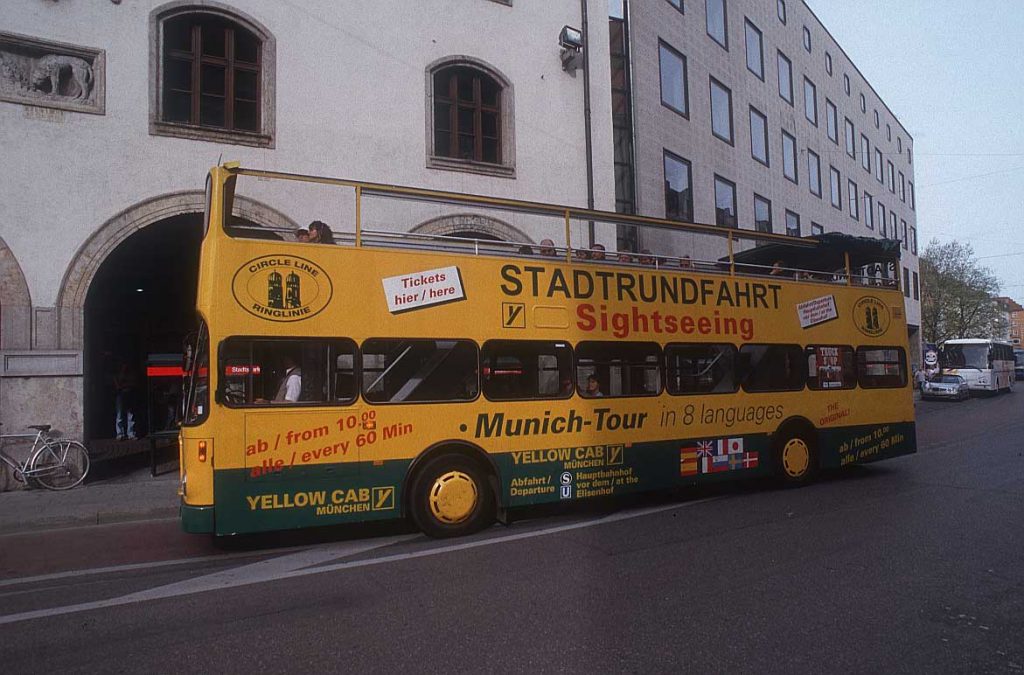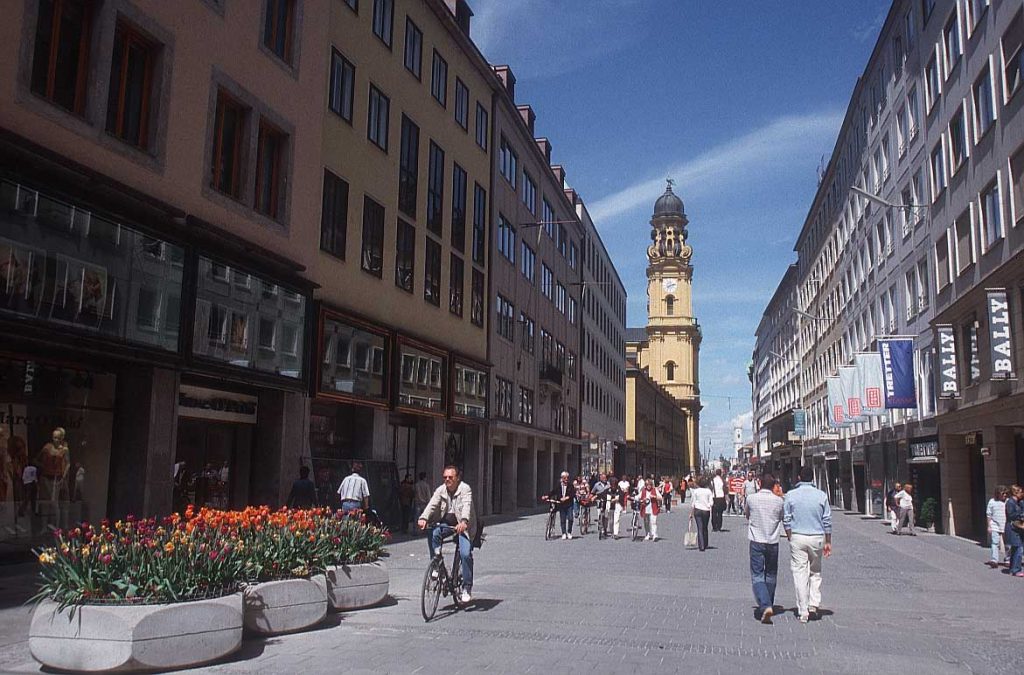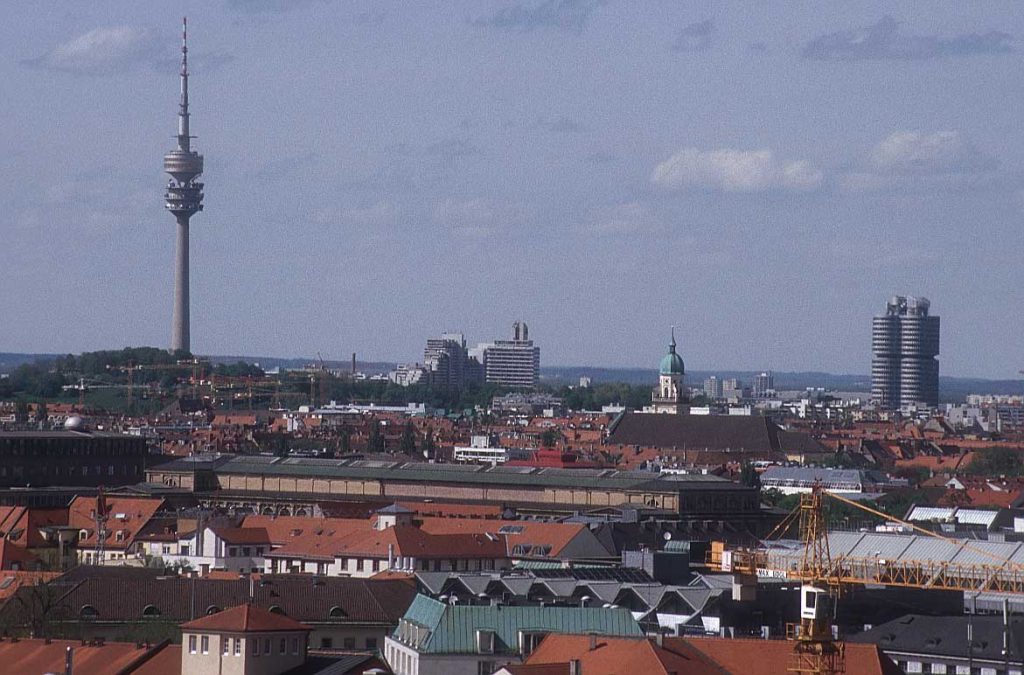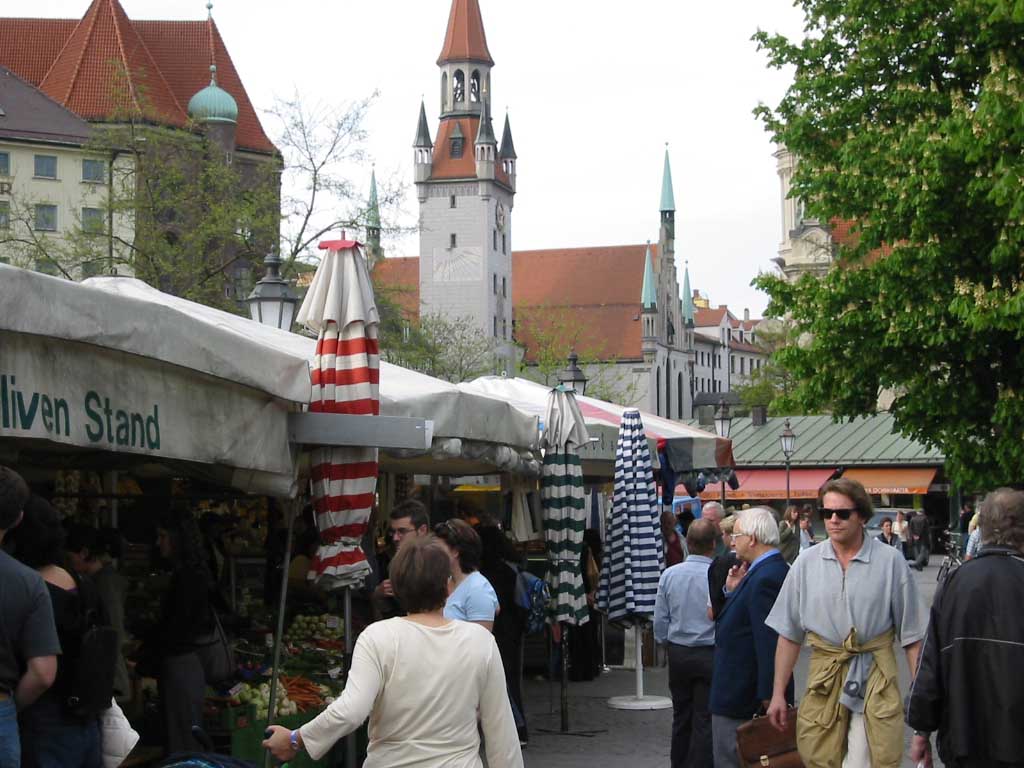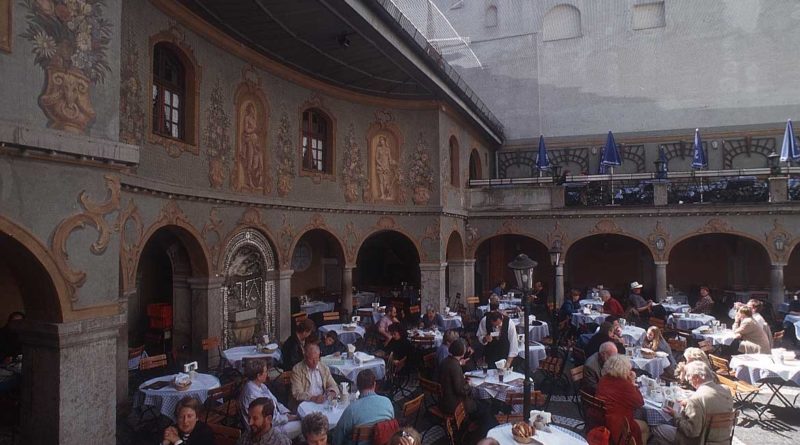Munich
Munich is the capital city of Bavaria, Germany. With a population of about 1.3 million, Munich is the third-largest city in Germany. Munich is an important centre of higher education, banking and the film and media industry. It is also the home of world-famous beers and Germany’s biggest football club, Bayern Munich. You can take a one-hour tour of the stadium including their museum and Hall of Fame. Every year Munich plays host to more than 3 million tourists from all over the world.
The city has several important art museums, among them the Alte Pinakothek, Neue Pinakothek, and the Pinakothek der Moderne. The Alte Pinakothek is the place to go to see well-known old masterpieces from the 14th to 18th centuries. (Closed Mondays and some public holidays.) The Neue Pinakothek (closed Tuesdays and some public holidays), built for King Ludwig I of Bavaria, covers European art of the 18th and 19th centuries. And the Pinakothek der Moderne, as its name suggests, displays collections of modern art. (It closes on Mondays.) Other famous tourist attractions include the late 15th century gothic Frauenkirche (Cathedral of Our Lady); the English Garden, a public park in the centre of the city larger than Central Park in New York; the Deutsches Museum (Science Museum); and the Rathaus-Glockenspiel, which at 11am every day (and again at noon and 5pm in summer) chimes its 43 bells while 32 life-sized figures re-enact two stories of jousting knights and of the plague (pictures below).
Perhaps Munich’s most famous attraction is the Oktoberfest, a 2-week-long fair with many rides and several very large beer tents. From 25th November visitors flock to the Christmas Market on Marienplatz for unique gifts such as wood carvings from Oberammergau and glassware from the Bavarian forest. The whole city centre is decorated and each day there is a free concert from the Town Hall balcony.
The Olympiaturm (Olympic Tower) was built for the 1972 Summer Olympics. From the viewing platform 190m (623 ft) high you get a great view over the city and, if the weather is good, as far as the Alps. There is a revolving restaurant and bar (it takes 50 minutes to complete one circuit) and the tower is open daily from 9am to midnight.
Where to stay
The five-star Bayerischer Hof, opposite the cathedral in the old city, has all the facilities you would expect: gym and spa, indoor and outdoor pools, and air conditioned rooms. It is close to the train station and will accept pets. For something a bit different in the 5 star class, try the highly rated Mandarin Oriental. Ideally situated in the city centre, the hotel offers oriental style combined with German service standards.
For something more modest and quiet, the 3 star Hotel Laimer Hof is housed in a converted traditional Bavarian villa. Although a little way out of town, this hotel is close to the Nymphenburg Castle and the Hirschgarten, Europe’s biggest beer garden.
Right near the central train station is the 4You Hostel. Breakfast and the internet are included, but towels are not. You can meet people in the bar, and there is a mix of shared dormitories and private rooms with own shower and toilet.
Oktoberfest: Tradition, Culture and Beer
Oktoberfest, the world’s largest beer festival, is a cultural extravaganza that has captured the hearts and minds of millions across the globe. Originating in Munich, Germany, this annual event is steeped in rich history, vibrant traditions, and, of course, copious amounts of beer. But beyond the beer tents and lively atmosphere lies a fascinating story that intertwines Bavarian culture, royal celebrations, and the spirit of community. Join us as we delve into the captivating history and essential information behind Oktoberfest.
The Origins
To commemorate this joyous occasion, the citizens of Munich were invited to partake in the festivities held on the fields in front of the city gates. The celebrations concluded with horse races, which proved to be a resounding success.
The following year, it was decided to hold the horse races again, thus marking the birth of Oktoberfest. Over time, the event evolved to include agricultural shows, amusement rides, and, most notably, beer tents. Breweries began to set up large beer tents to cater to the growing number of attendees, laying the foundation for the beer-centric celebration that Oktoberfest is known for today.
Traditions and Customs
At the heart of Oktoberfest are its cherished traditions and customs, which have been faithfully preserved throughout the years. One such tradition is the ceremonial tapping of the first keg, which officially marks the opening of the festival. The Lord Mayor of Munich, adorned in traditional Bavarian attire, ceremoniously taps the first keg of Oktoberfest beer and declares, “O’zapft is!” (It’s tapped!), much to the delight of the crowd.
Another beloved tradition is the parade that kicks off the festivities. Floats adorned with colorful decorations, brass bands, and traditional costumes make their way through the streets of Munich, setting the stage for the days of revelry ahead. The parade showcases Bavaria’s rich cultural heritage and serves as a testament to the sense of community that defines Oktoberfest.
Of course, no discussion of Oktoberfest would be complete without mentioning the iconic beer tents. These sprawling structures, each operated by a different brewery, serve as the focal point of the festival. Inside, revelers gather to raise their steins in celebration, indulging in hearty Bavarian fare and, of course, plenty of beer. From traditional Märzen lagers to refreshing wheat beers, there’s a brew to suit every palate at Oktoberfest.
The Beer
Beer is undeniably the star of the show at Oktoberfest, and the festival boasts an impressive array of brews to satisfy even the most discerning beer connoisseur. The beer served at Oktoberfest must adhere to strict regulations set forth by the “Reinheitsgebot,” or German Beer Purity Law, which dictates that only water, barley, hops, and yeast may be used in the brewing process.
The most popular style of beer served at Oktoberfest is Märzen, a rich and malty lager that was historically brewed in March (hence the name) and stored in cool cellars to be enjoyed during the summer months. Today, Märzen remains synonymous with Oktoberfest, with its amber hue and caramel notes serving as the perfect accompaniment to hearty Bavarian cuisine.
In addition to Märzen, festival-goers can also enjoy a variety of other beer styles, including refreshing wheat beers, crisp pilsners, and even specialty brews created exclusively for Oktoberfest. With so many options to choose from, beer enthusiasts are sure to find something to tantalize their taste buds at Oktoberfest.
Tips for Enjoying Oktoberfest
For those planning to attend Oktoberfest, there are a few tips to keep in mind to ensure a memorable and enjoyable experience. First and foremost, it’s essential to arrive early, especially on weekends when the festival tends to be most crowded. Securing a spot in one of the beer tents can be challenging, so be sure to plan accordingly.
Once inside the beer tents, be prepared to embrace the lively atmosphere and join in the revelry. Whether you’re singing along to traditional Bavarian folk songs or raising your stein in a toast with newfound friends, Oktoberfest is a time to let loose and celebrate.
Of course, it’s also crucial to pace yourself when it comes to drinking. With beer flowing freely and spirits running high, it can be easy to overindulge. Be sure to drink plenty of water and enjoy some of the delicious food offerings available at the festival to help soak up the alcohol.
Oktoberfest is more than just a beer festival; it’s a celebration of tradition, culture, and community. From its humble beginnings as a royal wedding celebration to its status as a global phenomenon, Oktoberfest continues to captivate audiences around the world with its vibrant atmosphere and rich history.
As we raise our steins in a toast to Oktoberfest, let us also raise awareness of the importance of preserving and honoring the traditions that make this festival so special. Whether you’re a seasoned Oktoberfest veteran or attending for the first time, may your experience be filled with laughter, camaraderie, and, of course, plenty of good beer. Prost!
